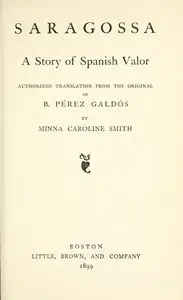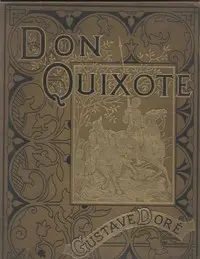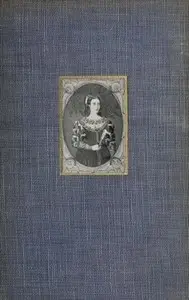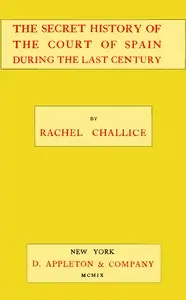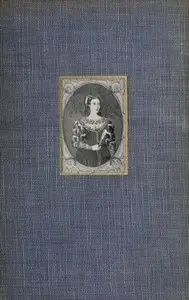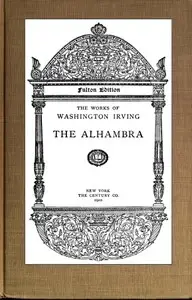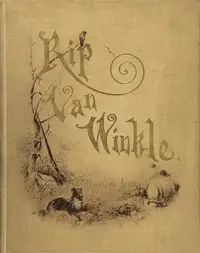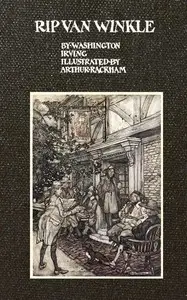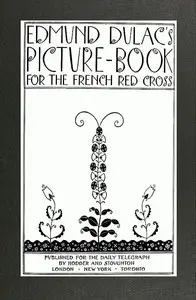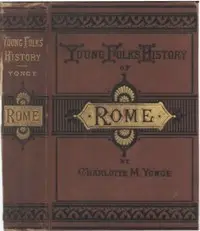"Spanish Papers" by Washington Irving is a set of stories originating in the late 19th century about the past events of the Spanish battles for land, which focuses on tales and fables of those times. It investigates the themes surrounding the disputes between the Moors and the Spanish, zooming in on the accounts of important people such as Don Roderick, Count Julian, and the dignified maiden Florinda. This combination of past events and made-up stories captures the essence of the period, which includes being respectful, brave, and often sad. At the beginning of the story, it tells about Don Roderick and how he became the last king of the Goths, which happened when things were falling apart and Witiza, his forerunner, was a cruel leader. The story highlights Roderick's interesting but stormy reign, and goes into the details of secret political plans and personal desires. Roderick's need for power drives him into a tragic love story with Florinda, Count Julian's daughter, whose future is linked to Roderick's kingdom; this sets off a series of events that lead to dishonesty and intrusion. This not only sets the state for the complicated interaction between love and power but also suggests the coming destiny for Spain as Don Roderick responds to the indications with too much pride.
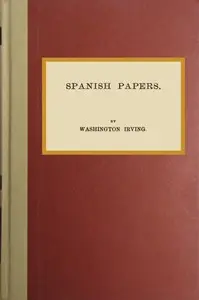
Spanish Papers
By Washington Irving
Amidst battles for power, a king's choices spark a forbidden love and a thirst for power, causing treachery and invasion that threaten to destroy his kingdom.
Summary
About the AuthorWashington Irving was an American short-story writer, essayist, biographer, historian, and diplomat of the early 19th century. He wrote the short stories "Rip Van Winkle" (1819) and "The Legend of Sleepy Hollow" (1820), both of which appear in his collection The Sketch Book of Geoffrey Crayon, Gent. His historical works include biographies of Oliver Goldsmith, Muhammad, and George Washington, as well as several histories of 15th-century Spain that deal with subjects such as the Alhambra, Christopher Columbus, and the Moors. Irving served as American ambassador to Spain in the 1840s.
Washington Irving was an American short-story writer, essayist, biographer, historian, and diplomat of the early 19th century. He wrote the short stories "Rip Van Winkle" (1819) and "The Legend of Sleepy Hollow" (1820), both of which appear in his collection The Sketch Book of Geoffrey Crayon, Gent. His historical works include biographies of Oliver Goldsmith, Muhammad, and George Washington, as well as several histories of 15th-century Spain that deal with subjects such as the Alhambra, Christopher Columbus, and the Moors. Irving served as American ambassador to Spain in the 1840s.


